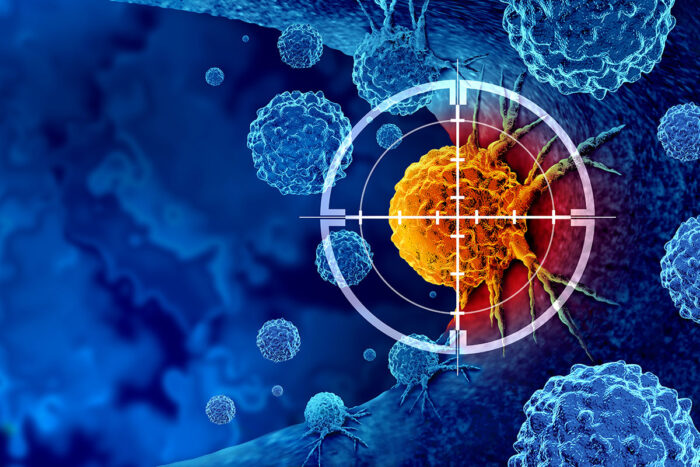Epigenome’s role in cancer revealed in new study
Epigenetics of cancer critical in understanding tumor initiation, growth and spreading
 Getty Images
Getty ImagesScientists at Washington University School of Medicine in St. Louis have analyzed the epigenomes of tumor cells across 11 cancer types and revealed important roles for this regulatory system of the genome in the way cancer forms, grows and spreads.
For decades, scientists have been sequencing the DNA of many cancer types, identifying errors in the genetic code to help understand the formation of tumors, how they grow and what leads to their spreading. But sometimes cancer is driven by subtle changes in the way the genetic code is executed, rather than by mistakes in the code itself. This layer of regulation is called the epigenome.
In new research led by scientists at Washington University School of Medicine in St. Louis, researchers have delved into the workings of the epigenome across 11 cancer types and revealed important roles for this regulatory system of the genome in the way cancer forms, grows and spreads.
The study, published Nov. 1 in Nature, is led by co-senior authors Li Ding, PhD, the David English Smith Distinguished Professor of Medicine; Ryan C. Fields, MD, PhD, the Kim and Tim Eberlein Distinguished Professor; and Feng Chen, PhD, a professor of medicine, all of Washington University; and Benjamin J. Rachael, PhD, of Princeton University.
“Understanding the transitions from normal cells to tumor cells and from tumor cells to metastatic cancer is important for cancer prevention and treatment,” said Ding, also a research member of Siteman Cancer Center at Barnes-Jewish Hospital and Washington University School of Medicine.
Added Fields: “These epigenetic drivers of cancer may help explain how tumors without genetic mutations can still behave aggressively, despite what we would predict.” Fields is a surgical oncologist who treats patients at Siteman.
The researchers found epigenetic differences between normal cells and tumor cells in how “open” the genome is, which governs whether genes are active and to what degree. Cancer cells tend to be more open than normal cells.
The team found specific epigenetic drivers tied to cancer initiation, and different drivers linked to metastatic cancer, which occurs when the tumor has spread throughout the body. The researchers also found evidence that the epigenetic drivers of cancer can cooperate with DNA mutations in cancer formation and spreading. Some drivers were present across multiple tumor types, and others were specific only to certain cancers.
“This study has generated rich information for the research community,” said Chen, also a research member of Siteman. “It will provide new opportunities for exploring gene regulation mechanisms that have not been previously reported.”
The co-first authors of the study are Nadezhda V. Terekhanova, PhD, a postdoctoral researcher at Washington University; Alla Karpova, a doctoral student in Ding’s lab; and Wen-Wei Liang, PhD, a former Washington University graduate student and postdoctoral researcher, who is now a postdoctoral researcher at the New York Genome Center.






